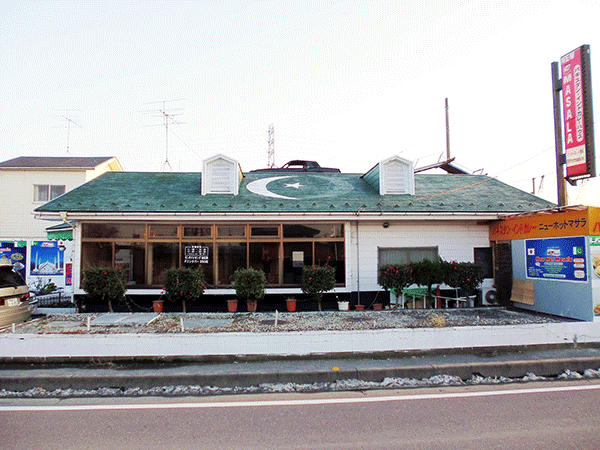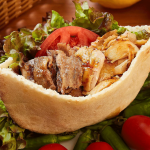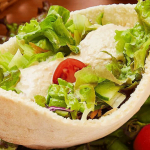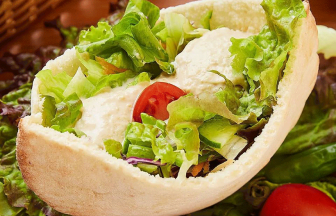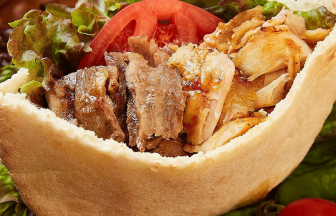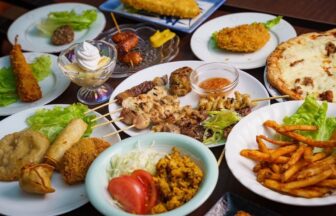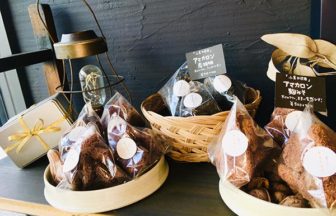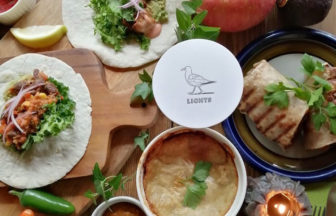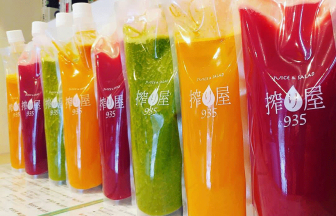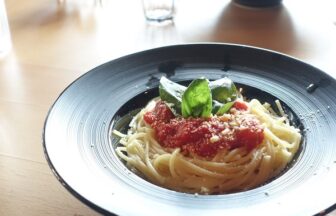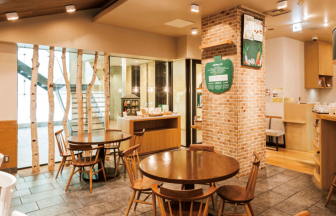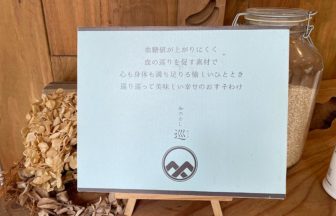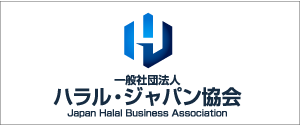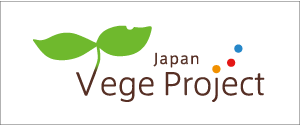All-you-can-eat lunch w/ three types of curry for only 1,000 yen!
New Hot Masala is a Pakistani Indian restaurant located in Soka City, Saitama Prefecture. The shop is near the intersection of the Kakinoki water purification plant. The roof with the Pakistan flag is a landmark.
All-you-can-eat curry lunch buffet, only for 1,000 yen!
It comes with 3 kinds of curry (Changes daily), rice, naan, salad and dessert.
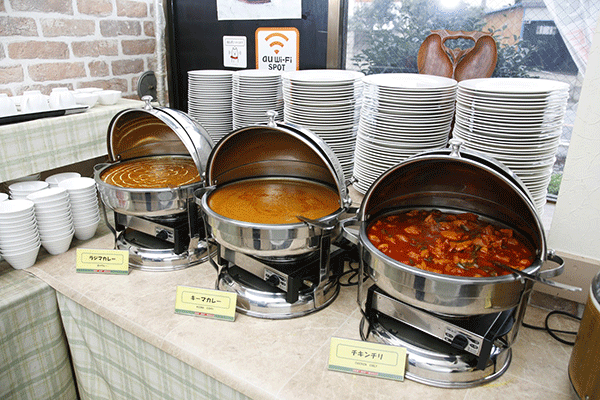
3 kinds of daily-curry
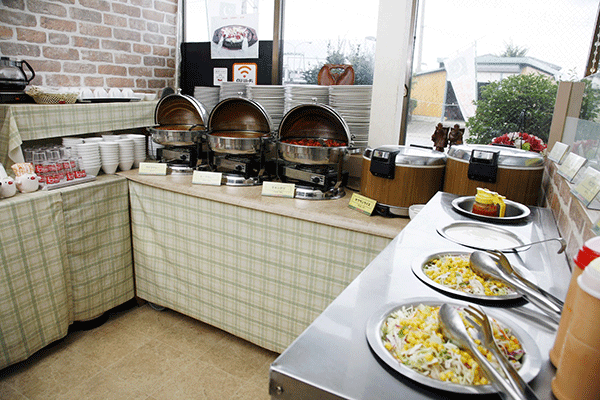
Curry lunch buffet from 1,000 yen
For those who want to enjoy the taste of authentic Pakistan recipe, not only an all-you-can-eat menu but there are also three types of lunch menus such as Nihari, Paya, and Biryani that daily changes its flavor.
There is also a children’s set (800 yen) that is not spicy, so many enjoy lunch with families on the weekends.
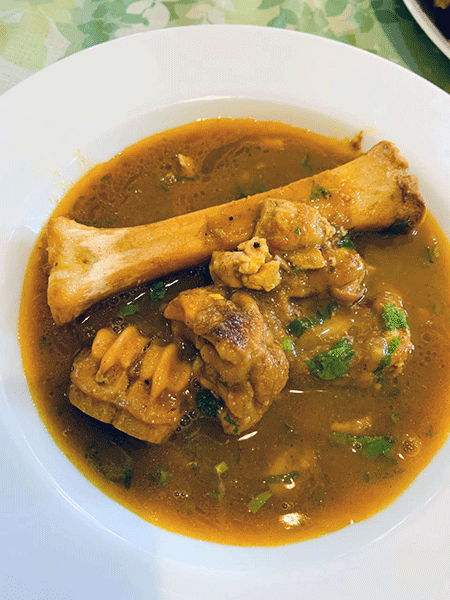
Paya
You can also take home(to-go) the New Hot Masala. Lunch boxes are also sold at event venues, so you can order large quantities of ~100 meals or more.
Complete Halal menu! Enjoy authentic Pakistani flavors, such as Biryani, Nihari and Karahi
The owner, RANA-san, is a Muslim from Pakistan. When RANA-san first visited Japan, more than 20 years ago, there was no Pakistani restaurant in Saitama.
Although Pakistan has a curry culture like India, even though there is an Indian curry shop, there is no restaurant that has the name Pakistan. So RANA-san decided to introduce delicious homemade Pakisatani food to Japanese people. Then, she opened a restaurant in 2009.
Since RANA-san was loyal to her religion, the only menu served in the restaurant is Halal and no alcohol is provided.
And, all chefs are Indian and Pakistani Muslims.
Since it is located between Yashio and Gamo, where the mosque is located, many Muslim customers visit after praying on group every Fridays.
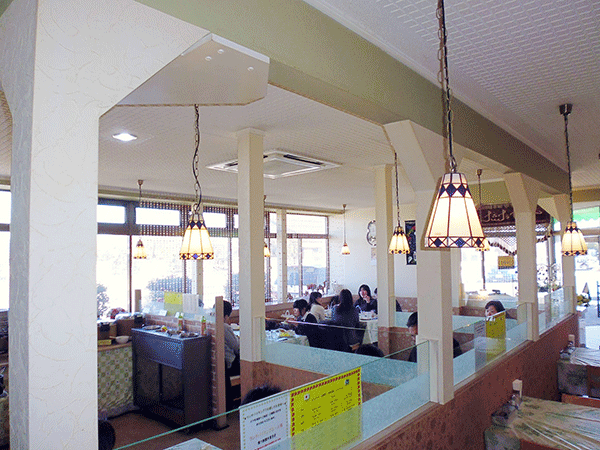
Inside the store
The Pakistani foods served at the restaurant have authentic tastes. It is unique because they are not adjusted to Japanese tastes.
The deliciousness spreads through word of mouth, and it seems that there are many fans in Tokyo who come by train to visit the restaurant, even though it is located in an inconvenient place, far from the station.
RANA-san said that Pakistan people have strong affection for meat. So the menu of the restaurant is centered on meat, which is different from Indian restaurants.
“Nihari” of soup with stewed lamb, “harem” dish cooked for a long time while crushing with a stick until the fibers of the meat are thawed.
The secret of the deliciousness came from the traditional dishes made by the chefs from Pakistan.
At parties, dynamic roasted sheep, with rice and vegetables stuffed on the abdomen, is popular.
Roasted sheep made in a large pot is full of volume! It seems that the serving is for 30 people.
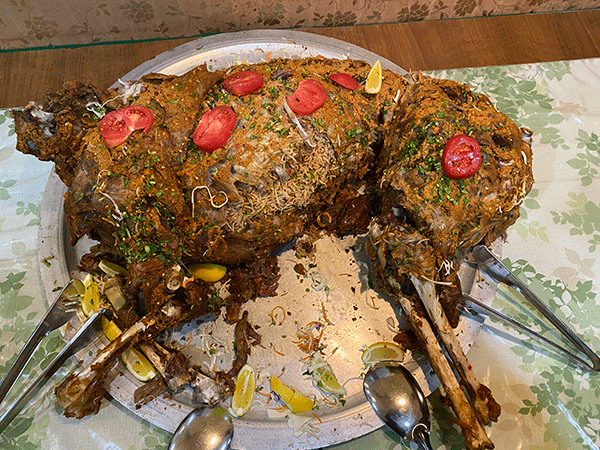
Roasted sheep
No liquor is served in the restaurant, since RANA-san values religion the most.
It is a strict traditional restaurant and even embassy officials often visit New Hot Masala.
Although some of our customers are dissatisfied with the lack of a liquor menu, many Muslims praised RANA-san’s straightforward attitude toward religion.
RANA-san is also the president of the Pakistani and Muslim communities.
There is also a space for prayer, next to the shop. This is one of the best place to learn about Muslim culture and Islamic teachings, while tasting delicious Pakistani food.
Supervisor / Recommender

- Halal Supervisor and Foreigner Food Coordinator (Cooking, Consulting, Public Relations)
-
Click here for introduction
I currently work as an editor, but my previous job was as a chef, with many years of experience working in hospitals, restaurants, and the food service industry. Looking back, I think my connection to halal may have already been there.
Decades ago, I once worked in a cafeteria at an auction venue. Over 60% of the visitors were foreigners. Many Muslims were present, and the venue had a mosque-like prayer space. I remember being frequently asked questions about whether the meat was halal and what kind of meat it was. At certain times, the cafeteria would become as lively as a festival. The Indian restaurant next door would generously serve free biryani, curry, and sweet drinks to everyone who came. Over 100 people, including people wearing bright red turbans, galabeyas, and traditional attire, gathered in the cafeteria, all sitting around the same table and enjoying a truly enjoyable time. Looking back, it was iftar, the end of fasting, and I understand the significance of sharing, but at the time I was ignorant of halal and Islam, and didn't even consider how to respond. They only ate the curry made by the Indians in the restaurant. As I studied halal, I realized, "I wanted to eat Japanese food, but I couldn't." I regret not doing anything even though there was something I could have done.
If only it didn't contain pork! If only it didn't contain wheat or buckwheat! I could eat it... Food insecurity is different for each person.
That's why I think it's important to learn about the differences in culture, religion, and lifestyle that underlie it, and to create an environment where everyone can enjoy delicious meals in comfort.
The desire for delicious, safe, and secure food is universal. The times are calling for people to live in new ways that transcend borders and religions. I hope that halal can be a gateway to eliminating food insecurity, contributing even in some small way to a society where people can coexist and prosper with more liberal thinking, and to global harmony beyond.
Latest entries
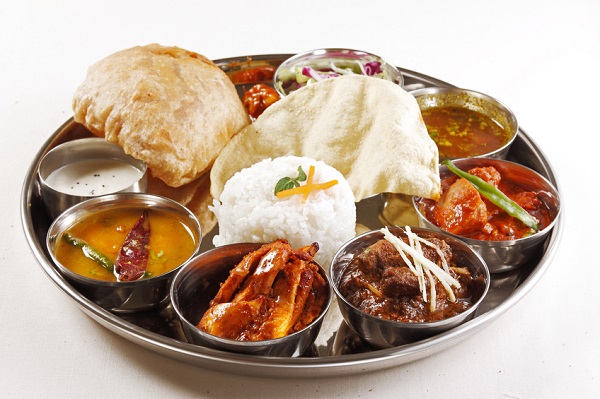 Tokyo2023年11月4日Dakshin South Indian Restaurant Otemachi Branch
Tokyo2023年11月4日Dakshin South Indian Restaurant Otemachi Branch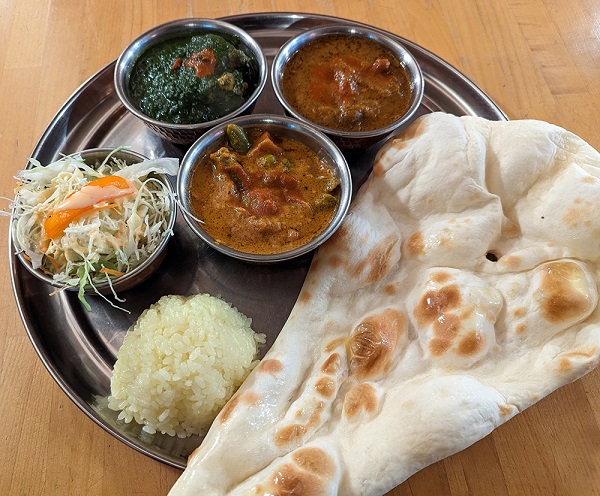 Tokyo2023年10月23日Gandhi Mahal
Tokyo2023年10月23日Gandhi Mahal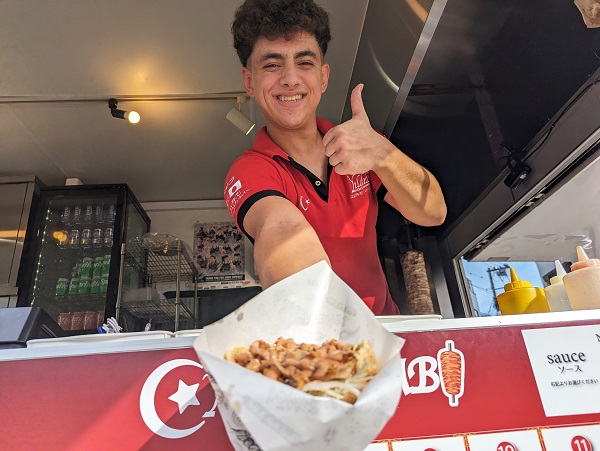 Tokyo2023年10月23日Yıldız KEBAB
Tokyo2023年10月23日Yıldız KEBAB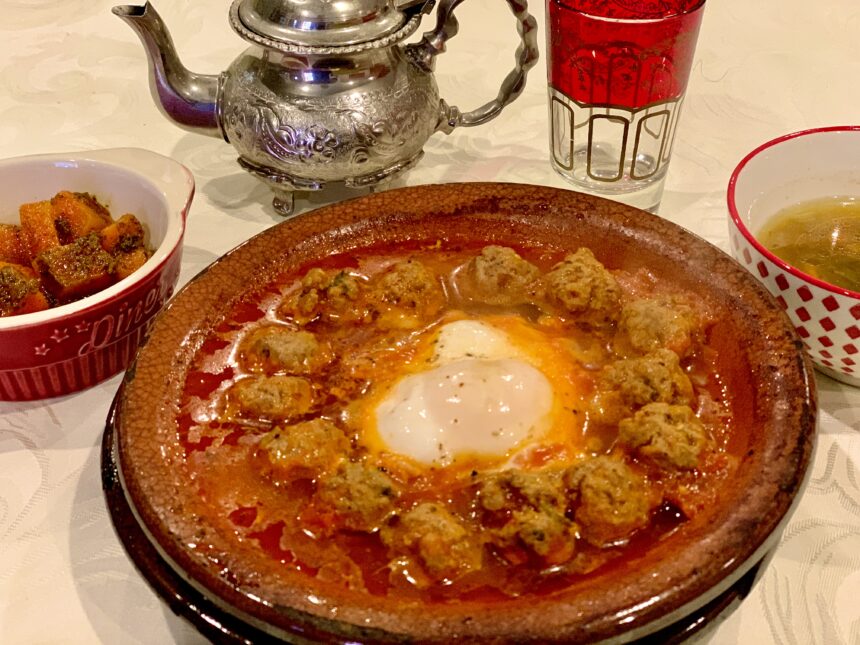 Tokyo2023年10月4日Restaurant Morocco
Tokyo2023年10月4日Restaurant Morocco

